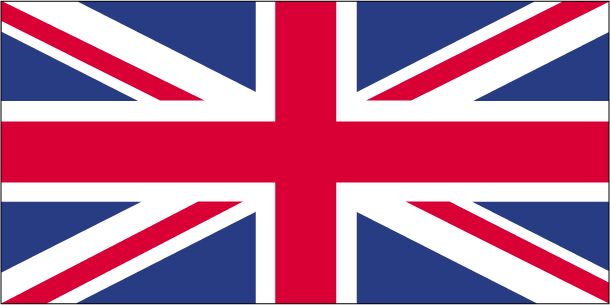TikTok ban bill could lead to broader surveillance and censorship by the U.S. government
03/17/2024 / By Cassie B.

The TikTok ban bill that is making headlines this week may seem like a good idea on the surface, but there are concerns it could pave the way for even more governmental overreach.
The bill, which was passed by the House of Representatives on Wednesday, would prohibit the TikTok video sharing app from appearing in American app stores unless ByteDance, its parent company, divests it. This is because as a Chinese company, ByteDance is beholden to the Chinese Communist Party and is required to share data with them upon request. There have long been fears that the CCP will use the app to access people’s personal data and use algorithms to show individuals videos that may influence their opinions and views.
The bill’s sponsor, Rep. Mike Gallagher (R-Wisconsin), said: “America’s foremost adversary has no business controlling a dominant media platform in the United States. TikTok’s time in the United States is over unless it ends its relationship with CCP-controlled ByteDance.”
However, analysts and politicians are pointing out that the way the bill is written opens the door for broader government censorship and domestic surveillance. The bill essentially creates a process through which intelligence agencies and the FBI can designate social media applications as being under the control of foreign adversaries such as China, North Korea, Iran and Russia and therefore potential national security threats. Those apps that are deemed risky will be banned from online app stores and web hosting services if they fail to sever ties with the entities that are under the control of foreign adversaries within 180 days.
The Leading Report’s Patrick Webb pointed out that a provision in the bill could give the executive branch the power to label any website or platform it chooses as foreign owned, even if it is domestic, and therefore give themselves the power to censor and control the content that they publish.
Independent presidential candidate Robert F. Kennedy Jr. has also raised alarm bells over the bill, which he says could serve as a “Trojan horse” that gives the president the power to ban any website or app he chooses by claiming it is under foreign influence.
Is the government seeking to gain control over TikTok’s user data?
Rep. Thomas Massie (R-Kentucky) is one of many parties concerned that the real motivation for the bill is not to shut down TikTok but to instead gain control over it so that intelligence agencies can collect data and use it to influence young people.
On X, The Federalist CEO and Cofounder Sean Davis posted his theory of what is at play here, writing: “Deep State toadies are taking advantage of anti-China sentiment to transfer TikTok’s surveillance apparatus from China’s evil surveillance state to the U.S. government’s evil surveillance state.”
He said that TikTok won’t be banned because the U.S. government won’t want to lose “such a valuable tool for spying on Americans and poisoning the minds of their children.”
He pointed out that there are only a few companies in the U.S. that would be capable of buying and managing the platform if the bill succeeds in forcing it to divest, and these companies are already “appendages of the Deep State surveillance apparatus.”
Free speech concerns
The top Democrat on the House Intelligence Committee, Rep. Jim Himes of Connecticut, was one of the representatives who voted against the bill, citing free speech issues.
He said in a statement that countries like China “shut down newspapers, broadcast stations, and social media platforms. We do not.”
He added: “We trust our citizens to be worthy of their democracy. We do not trust our government to decide what information they may or may not see.”
The bill was passed with an overwhelming majority of 352 to 65. Although it is not known how it will fare in the Senate, should it pass, President Biden has already said that he will sign it into law.
Sources for this article include:
Submit a correction >>
Tagged Under:
banned, big government, Big Tech, brainwashed, censored, Censorship, China, First Amendment, free speech, Glitch, national security, speech police, surveillance, TikTok
This article may contain statements that reflect the opinion of the author
RECENT NEWS & ARTICLES
COPYRIGHT © 2018 PRECRIMES.NEWS
All content posted on this site is protected under Free Speech. Precrimes.news is not responsible for content written by contributing authors. The information on this site is provided for educational and entertainment purposes only. It is not intended as a substitute for professional advice of any kind. Precrimes.news assumes no responsibility for the use or misuse of this material. All trademarks, registered trademarks and service marks mentioned on this site are the property of their respective owners.

















